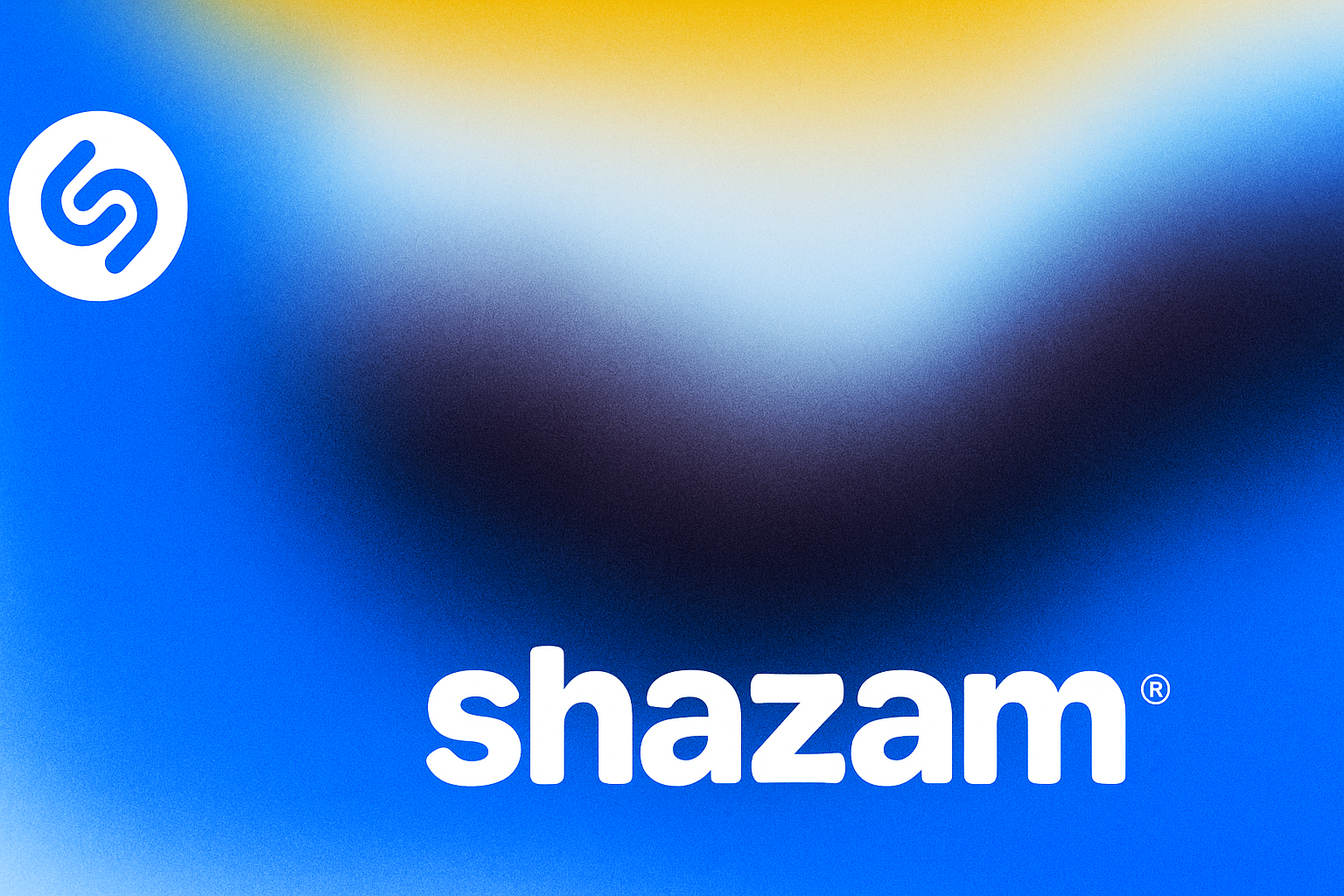In 2021, CNM revealed that between 1 and 3 billion streams in France were considered fraudulent, representing up to 3% of total streams on the market that year. Applying this percentage to the revenues generated by streaming in 2021, these frauds would represent €14.76 million!
The proportion of global streams considered fraudulent is not known. However, if we were to apply the CNM figures to the global market, 3% of global streaming revenues would represent $507 million!
This is a significant proportion, but it only represents streams that are detectable by streaming services: the proportion of fraudulent streams would therefore actually be much higher.
So how is the music industry reacting to this stream manipulation?
Why manipulate the number of streams?
Stream manipulation is the practice of artificially inflating a track’s number of streams in order to generate revenue, or to manipulate the popularity of a release in charts, playlists or search results.
To achieve this, artists generally use promotion or playlisting services that use bots to stream a given track in order to amplify its results and place it among the most popular releases.
In our last report, we saw that the different reasons why artists resorted to fraudulent manipulation of their stream numbers were all aimed at establishing their position as artists. There were several motivations for this:
- Maintain their position in the charts and obtain a substantial number of streams in the first few weeks
- Get better referencing on streaming platforms, with playlist placements and better consideration by suggestion algorithms
- Generate more revenue
- Affirm their position and make themselves heard
The problem is, fraudulent stream manipulation affects the music industry by diluting total remuneration, and thus reducing revenue from legitimate streams. What’s more, these frauds significantly slow down the track approval and distribution processes for artists.
Anti-fraud initiatives in the music industry
To fight against these practices, the music industry has recently come together in an alliance: Music Fights Fraud.
Music Fights Fraud is an international group dedicated to eradicating stream fraud. With members from all sectors of the music industry, the group is a true alliance aimed at detecting, preventing, mitigating and enforcing anti-fraud measures, with the help of the NCFTA (National Cyber-Forensics and Training Alliance), a nonprofit partnership of private companies, government, and academia designed to provide a neutral environment to identify and disrupt cybercrime.
Alliance members include industry giants such as Spotify, Believe, TuneCore, Amazon Music and DistroKid.

Yet this isn’t the first time the music industry has tried to join forces to fight against stream fraud. In 2019, an initiative against stream manipulation – “Anti-Stream Manipulation Code of Best Practice”, was launched and signed by the 3 majors, Sony/ATV, Merlin, Spotify, Amazon, Deezer, as well as other industry players.
All these initiatives show that music industry players have long been trying to fight stream fraud. Yet, as the years go by, fraudulent stream manipulation shows no signs of ending.
Will the creation of the Music Fights Fraud Alliance in association with the NCFTA really change things? To be continued…



